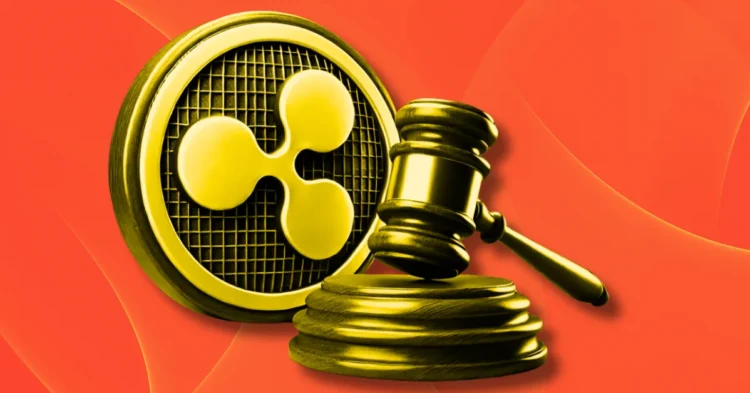The Ripple Case: Potential Dismissal by the SEC Amid Political Changes
The ongoing legal battle between Ripple and the U.S. Securities and Exchange Commission (SEC) has captured significant attention in the cryptocurrency world. With recent shifts in political leadership, there is increasing speculation that the SEC might reconsider its approach to high-profile crypto lawsuits, including those involving Ripple, Coinbase, Binance, and Kraken. The outcome of the recent elections could potentially influence the SEC’s regulatory strategy, possibly leading to a more flexible stance.
Expert Insight: The Argument Against Dismissal
During a discussion on the Good Morning Crypto Show, analyst Mickle shared his perspective on the potential dismissal of the Ripple case. He acknowledged the complexities of both sides of the argument but expressed that, if he were part of Ripple’s team, he would not favor a dismissal. Ripple has already dedicated substantial resources to gain clarity on pivotal issues, and a dismissal could mean losing the progress they have made. The company is seeking definitive answers on whether institutional sales and On-Demand Liquidity (ODL) are permissible under current regulations.
Seeking Clear Answers for Future Operations
From Ripple’s viewpoint, the continuation of the case is crucial to obtaining actionable insights. Their aim is to establish a regulatory framework that enables them to operate with confidence, avoiding the pitfalls of broad and uncertain crypto regulations that might not align with their business model.
Is Settlement the Best Option?
One important consideration is whether a dismissal of the case would come “with prejudice” or “without prejudice.” Dismissal “with prejudice” would prevent the case from being refiled, providing some closure, whereas “without prejudice” would leave room for future legal challenges. A settlement, on the other hand, could offer Ripple the clarity it has been seeking all along.
The Benefits of Settlement for Ripple and Similar Companies
For companies like Ripple or Coinbase, reaching a settlement could be a strategic choice. By agreeing to a settlement, Ripple might pay a fine and adhere to specific rules, thus allowing them to operate within a well-defined regulatory framework. Mickle suggests that a compromise between Ripple and the SEC is achievable, noting that Ripple has always shown an intent to comply with regulations. The friction arose when the SEC appeared to hinder their compliance efforts.
In conclusion, the unfolding developments in the Ripple case highlight the delicate balance between regulatory oversight and innovation in the cryptocurrency industry. As political dynamics evolve, the SEC’s approach could shift, potentially impacting the future of crypto regulation and the operations of companies like Ripple.











